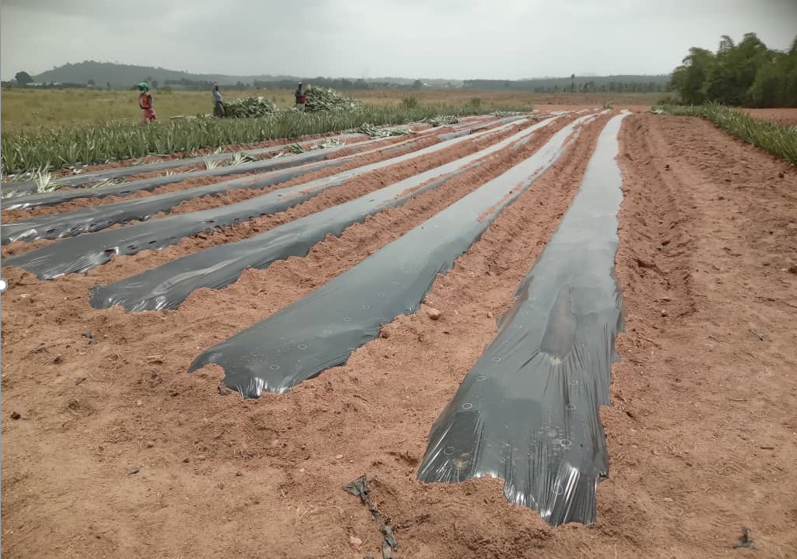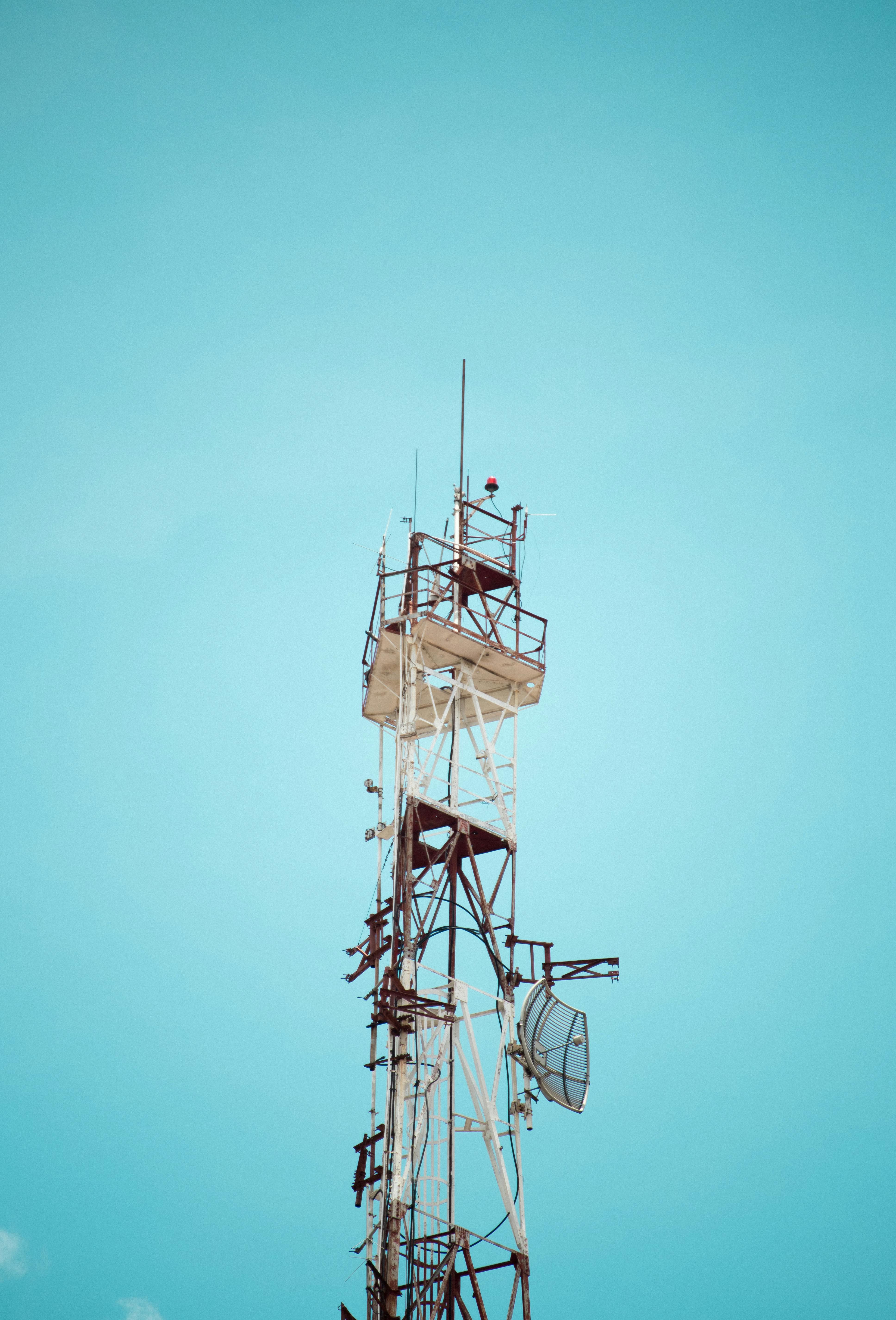
By Adade Gyamfi
Since its formation in the year 1995 under the vision of the Executive Chairman Dr. Joseph Siaw Agyepong, the Jospong Group has also sought the welfare of the nation through sustainability practices. Over the years it has grown into a powerhouse of over 70 diverse companies across Africa with a mission to “improve the lives of people”
Yet it is in the realm of waste management, through institutions like Zoomlion Ghana Limited, UPPR Ghana Limited, the Integrated Recycling & Compost Plants(IRECOP), NAMARCO Ltd, Accra Compost & Recycling Plant (ACARP) and Kumasi Compost & Recycling Plant(KCARP) that the Group’s sustainability agenda and impact is most pronounced.
At the core of this transformation is Universal Plastic Products and Recycling (UPPR), a Jospong subsidiary formed in the year 2013 with a focus on turning plastic waste into practical items, from bins to chairs, to washing bowls of all sizes and bin liners among other products, UPPR supports source segregation and waste collection efforts across Ghana.
As Dr. Glenn Gyimah, General Manager for Jospong Group’s Green Transitions Office explains: “We intend to establish the PET recycling arm in a big way in Ghana that recycle PET bottles into other useful products.”
This new revolution of plastic waste separation is beginning to show results as the once cluttered landfills with plastic bottles are beginning to show signs of recovery as many scavengers or circular economy workers target the bottles in various homes before they reach the landfill sites. “Now their greatest asset is their potential for value creation,” Dr. Glenn Gyimah adds.
Complementing UPPR’s urban reach is NAMARCO Limited, one of the few to introduce plastic buyback centres offering cash incentives to individuals. “At NAMARCO, we buy your waste with cash incentives. They explain that a greener Ghana starts in the home,” and as such they place real economic value on recyclables in everyday communities
Jospong’s environmental leadership extends far beyond recyclables. Integral to its sustainable strategy is the Integrated Recycling and Compost Plant (IRECOP) initiative. Launched in 2020 with a vision of 16 regional plants, some are actively working, churning out tonnes of plastic waste every month.
These plants separate organic waste, composting it for agriculture, and channeling plastics and other recyclables into UPPR’s circular stream.
The commitment to source-segregation is elevated through municipal composting facilities: Accra Compost & Recycling Plant (ACARP) and Kumasi Compost & Recycling & Plant (KCARPP).
Through partnerships with community institutions like The Church of Pentecost, mobile collection campaigns, and educational outreach, these plants have embedded composting and recycling in daily life.
As Chief Corporate Communications Officer of Jospong Group, Ms. Sophia Kudjordji, notes: “The plastic will not go to the landfill but will be sent to the right places such as the IRECOPS and UPPR Ghana Limited” for repurposing and value addition.
Walking through UPPR’s plant, one witnesses the hum of machines converting various types of plastics such as HDPE, PP LLDPE among others into raw material pellets, to be remade into usable products, a process Dr. Gyimah describes as “turning plastic pollution into sustainable manufacture.”
At the IRECOP plants and compost centres, organic waste is literally transformed into fertile compost used in local agriculture, reducing dependence on imported fertilizers, a vision lauded by both national leaders and international partners
Ms. Kudjordji makes clear that the narrative is intentional: “From its inception, the Jospong Group has been on a mission to transform a plastic waste in Ghana”
. Indeed, what began as street-level bin deployment, sweepers, and tricycle collections has evolved into a fully integrated system of recycling, composting, manufacturing, and community engagement.
This unity of purpose, of converting garbage into goods and waste into wealth, is one of Jospong’s strategy. Guided by bold partnerships and community-level programmes, the Group is convinced that sustainability and profitability can coexist.
“The cities like Accra and Kumasi will continue to grow and so will the volumes of waste, we are here to manage waste including Plastic waste,” she explained further.
“It is a challenge we will definitely overcome, it is a challenge with opportunity,” Ms. Kudjordji says adding, “We are on a mission to improve lives, a mission that is part of environmental stewardship, part of national development agenda, turning plastic waste not into pollution, but into a
The post Jospong Group’s circular economy initiatives: Turning Plastic Waste into a purpose appeared first on The Business & Financial Times.
Read Full Story


















Facebook
Twitter
Pinterest
Instagram
Google+
YouTube
LinkedIn
RSS